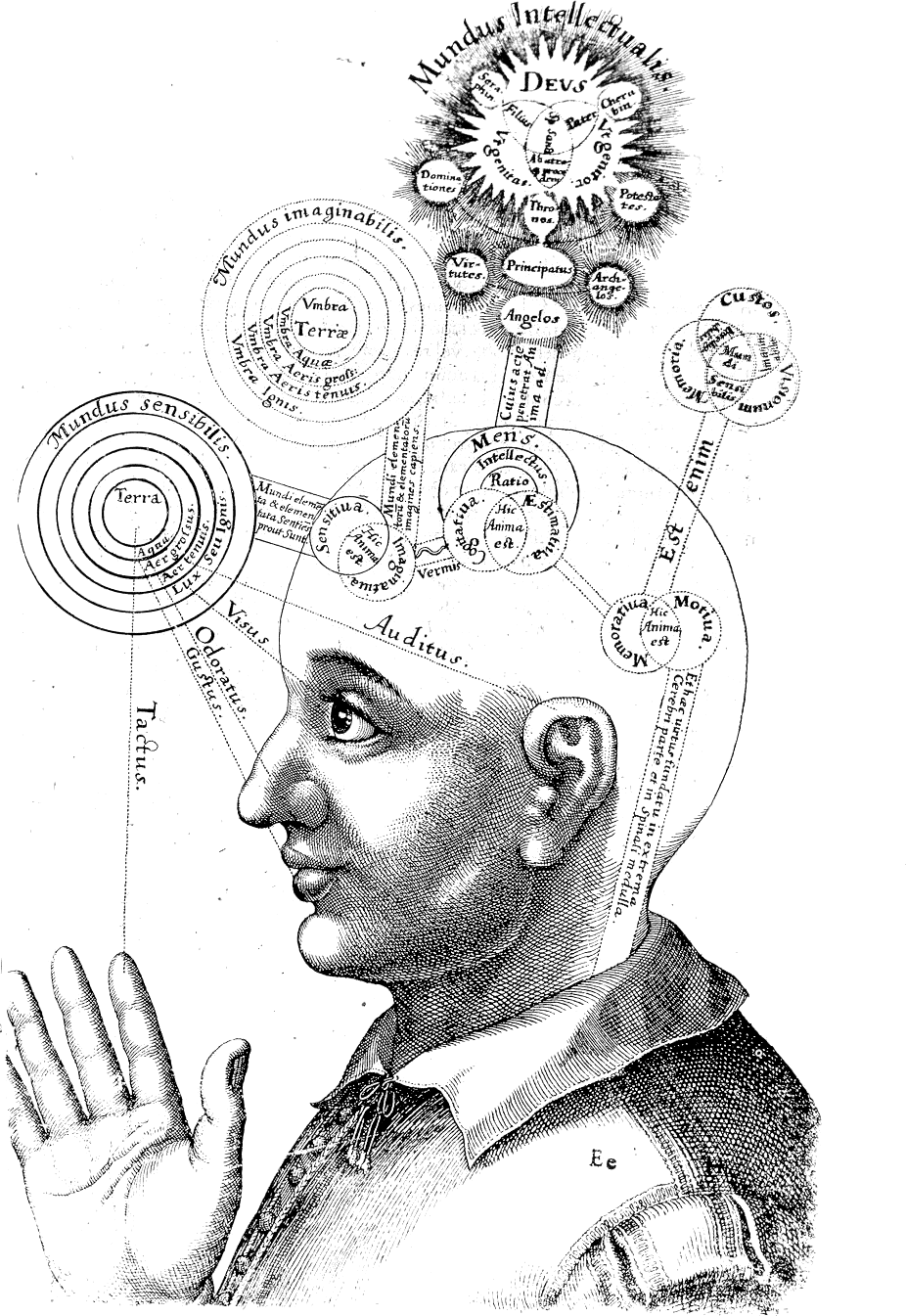Writing should come freely, but all too often we prematurely analyze our writing and allow editing to hamper the mind’s natural mechanism for quickly outputing loosly related ideas, one of our race’s greatest assets and the driving force behind creativity. When conversing, it makes sense to choose our words quickly in order to communicate more effectively, but when writing, we’re faced with a unique set of challenges. How do we know when an idea is fully formed? How do we know when it’s time to stop writing and time to start editing? It’s a good question, and I think the answer will often depend on the individual.
Personally, I think spending more time writing initially is the best use of time. Avoid polishing anything at the onset, and focus instead on writing a complete picture. Forget about spelling, punctuation, capitalization, grammar, all of the niceties. Focus on content, which may be raw at first, but it should tell a story. If it doesn’t, then editing was never going to save you.
When I was in highschool, I was given an aptitude test. The test aimed to measures what professions I was best suited to. It contained many small examinations, one of which simply measured the number of words that I could write in a fixed period of time. It seems straightforward. You could easily repeat one word until your time ran out. but what was interesting is that my immediate instinct was to write stream of consciousness, and this turned out to be the right choice as I scored very highly.
The point is that our minds can easily output loosly related ideas. They may not be great ideas, but they’re ideas all the same, and the more you generate ideas, the easier it is to generate more ideas. But when it comes to editing, we freeze. Editing involves careful analysis of composition, which is a far more analytical task than the idea generation which our minds are suited for.
I often struggle with this as I’m sure others do. Writing is an integral part of modern society. We write emails, text messages, documentation, marketing copy, and much more. I often find myself investing too much time editing upfront and being left with a partially polished, but incomplete picture. Our minds don’t think in polished ideas out of the gate, which can make it hard to dig yourself out of this situation. Whatever you write is going to feel out of place until you do some editing to re-establish harmony, a concept that stretches to many other areas of life, including the increasingly expanding design field.
If working as a user experience designer has taught me anything, it’s that iterating quickly through many rough ideas initially is far superior to generating polished ideas upfront. Many rough ideas will force you to think through the big picture and ignore irrelevent details. It could be as simple as doodling on the back of a cocktail napkin, but it should give you a general sense for how to solve the problem, as well as how to expand upon it. I think the same can be said of writing, and while most of us aren’t professional writers, we all have to write clearly in order to participate in society, so it makes sense to do so as efficiently as possible.

